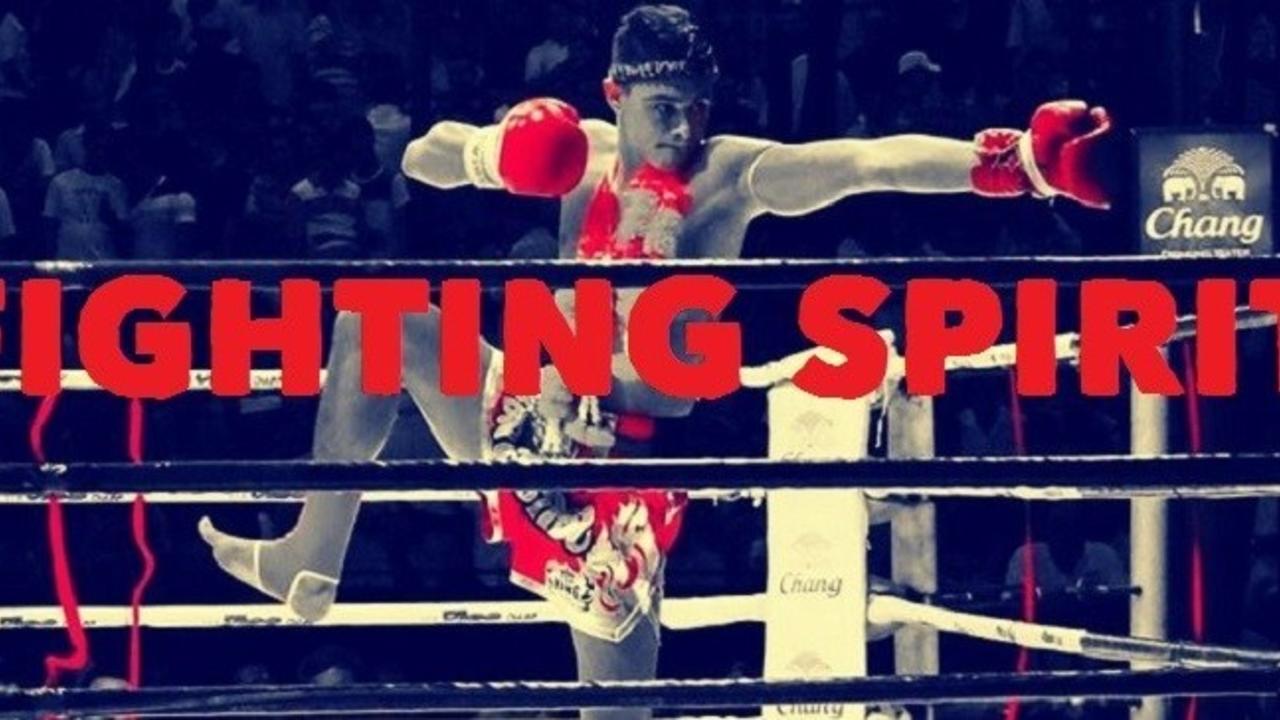What Makes A True Fighter

THE REASON 'PITBULL' IS SUCH A POPULAR NICKNAME
By Lindsay Bohonik
This summer, Chael Sonnen gave a unique definition as to what makes a fighter during his You’re Welcome podcast. He said:
Fighting is when it’s hard. Fighting is when that person is coming back at you with equal or greater resistance. That’s what a fighter is, and when it doesn’t go your way and you want to stay in bed in the morning, when that alarm goes off you get your ass up, put your boots on and you go face the world. That’s what a fighter does.
When Sonnen made this statement, he was discussing former UFC bantamweight champion Ronda Rousey as being an aggressorversus a fighter. However, as this quote also illustrates, that the word “fighting” can be diversely applied to many facets of life. There is, of course, the literal definition of fighting: to physically engage with another person in a violence, combat or aggression. Tied to that is another sense of the word: fighting means never giving up. Literally fighting for your life, for your right to existence in that moment and in that place, and being unwilling to fall back an inch.
Aggressor vs. Fighter: Spectacular Falls From Grace
There is something to be said about how a fighter handles his or her losses: it can determine future success and it certainly affects the fans’ perception. Fighters that come back after losses are often more inspirational that those that constantly win: it’s realizing that they are vulnerable too, just like the rest of us, that speaks to the fallible human being. There’s the fight inside the cage, but what about the battles outside the cage? Perhaps it is those that can learn from their mistakes that grow the most (and of course, who doesn’t love a good comeback story?)
What does it mean to be an aggressor but not a fighter? I think what Sonnen means here is that fighting does not necessarily include acts of violence, combat, or aggression. It’s the familiar analogy that at times we fight for something or fight to overcome some obstacle- be it difficult moments, illness, deaths, breakups, and other bouts of heartache and suffering. Perhaps what he means is that Ronda’s spectacular fall from grace and the way she handled those two monumental losses (for example, admitting on Ellen that she thought of killing herself) means something about who she is as a competitor- an aggressor versus a fighter. An aggressor, whose raw talent and incredible success can fail dramatically at any moment, or a fighter, who paces herself and knows that the real fight isn’t in the ring- it’s life.
Who Is A Fighter, Anyway?
The thing with martial arts that people outside the community don’t realize is that it doesn’t just teach you how to physically fight, with your body. It teaches you how to be strong in ways you never knew possible.
As a woman, these lessons are infinitely valuable. You’re constantly challenging yourself to do things you never thought, let alone realized you could do. You’re doing things that society generally says you can’t and, arguably worse, shouldn’t. Learning to fight changes all of those expectations and breaks down barriers to impossibility. The deeper you go into the sport, the more the lessons learned on the mats start trickling into other aspects of your life.
The lessons in combat sports are endless, which is just one reason why they are so beneficial. You learn to be more controlled with your emotions. You learn to not give up when it’s tough. You learn that one or two losses don’t define you. You learn to grow from mistakes, to better forgive yourself, and to move on. You learn the grind and how to barrel through with things get rough.
Win or lose, there’s a fighter in all of us. Ask what you’re fighting for- you may be surprised.
Feed Your Muay Thai Addiction!
Join our "Muay Thai Mondays" email newsletter for the latest updates on new videos, special events and everything Muay Thai!






